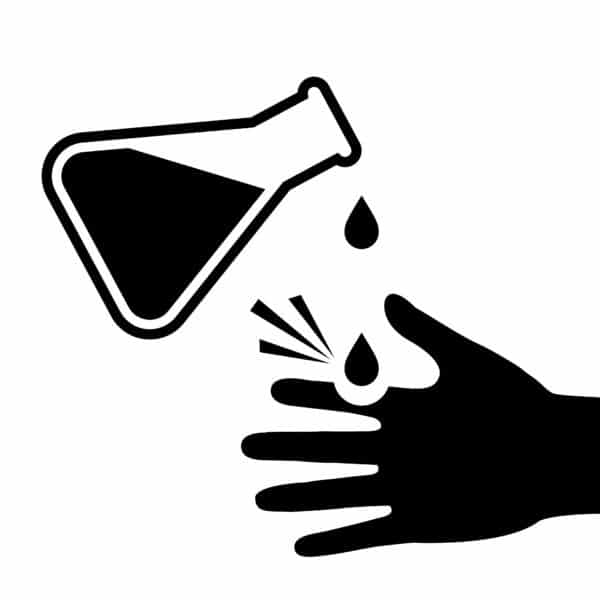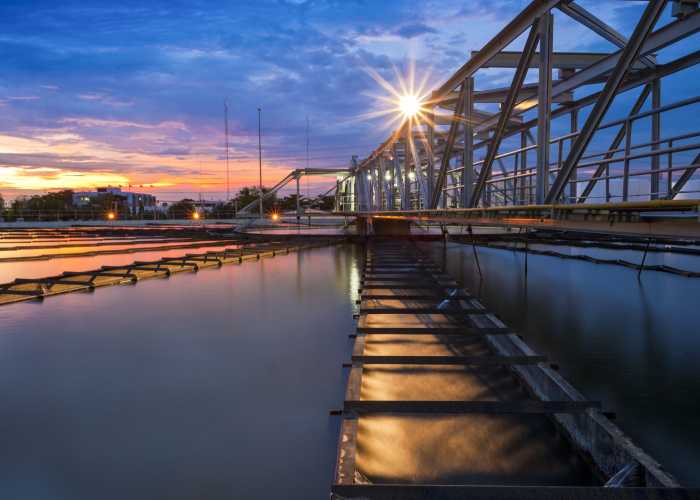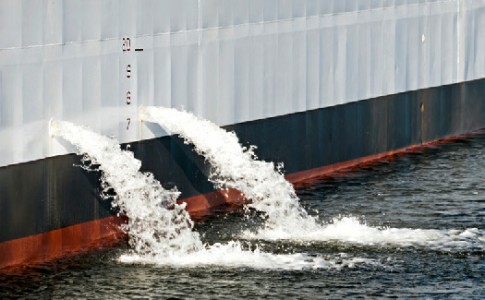Posted: Thursday, 23 May 2024
UV disinfection offers a host of benefits that make it a superior choice for environmentally conscious water treatment. Let's explore why UV technology is an environmentally sound idea in the ongoing treatment of water.
The Environmental Benefits of UV Technology

Chemical-Free Disinfection
Traditional water treatment methods often rely on chemicals such as chlorine to disinfect water. While effective, these chemicals can have adverse environmental impacts. Chlorine, for example, can react with organic matter in water to form harmful by-products known as trihalomethanes (THMs), which are toxic to aquatic life and potentially harmful to humans.
UV technology, on the other hand, uses light to disinfect water, eliminating the need for chemicals. This method is not only safer for the environment but also ensures that no harmful by-products are released into the water.
Energy Efficiency
UV systems are designed to be energy efficient. Modern UV lamps, such as those produced by Alpha-Purify, are engineered to provide high-intensity UV light whilst maximising power efficiency. This can translate to lower energy consumption and reduced carbon emissions, making UV technology a greener alternative to other disinfection methods.
Effective Against a Wide Range of Contaminants
UV disinfection is highly effective against a broad spectrum of pathogens, including bacteria, viruses, and protozoa. This versatility means that a single UV system can replace multiple chemical treatments, further reducing the environmental impact associated with the production, transportation, and disposal of these chemicals.
Real-World Applications

Municipal Water Treatment
Many municipalities around the world have adopted UV technology for their water treatment needs. For instance, New York City uses UV disinfection to treat its drinking water, ensuring that residents receive safe, clean water without the use of harmful chemicals. This large-scale application highlights the effectiveness and environmental benefits of UV technology.

Industrial Applications
Industries such as food and beverage, aquaculture, and pharmaceuticals also benefit from UV water treatment. For example, the aquaculture industry uses UV technology to ensure that water used in fish farming is free from pathogens, promoting healthier fish and reducing the need for antibiotics and other chemical treatments. This practice not only protects the environment but also supports sustainable food production.
Marine Industry
The marine industry, particularly on cruise ships and commercial fleets, requires efficient water treatment systems to handle ballast water and onboard drinking water. UV technology provides an effective, environmentally friendly solution that meets stringent international regulations for water quality.
The Future of Water Treatment
As global populations grow and water resources become more stressed, the need for sustainable water treatment solutions will only increase. UV technology is poised to play a crucial role in this future, offering a reliable, environmentally friendly method for ensuring clean water. Companies like Alpha-Purify are at the forefront of this technological advancement, providing high-quality UV lamps and accessories designed to meet the diverse needs of various industries.
Conclusion
The use of UV technology in water treatment is a clear example of how innovation can align with environmental sustainability. By eliminating the need for harmful chemicals, reducing energy consumption, and effectively controlling a wide range of pathogens, UV disinfection represents a responsible and forward-thinking choice for water treatment.
For more information on how UV technology can benefit your water treatment processes, Contact Us today. Together, we can make a positive impact on the environment while ensuring the highest standards of water quality.